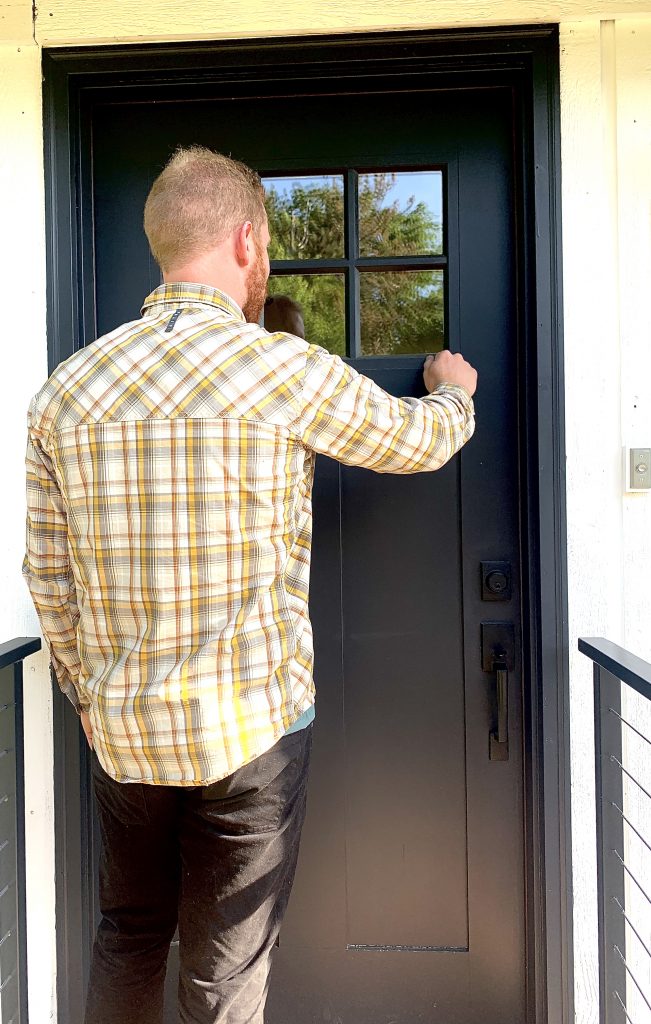Using Technology and Being Bold to Gain Access
If you want to position yourself to succeed but don’t own land, here’s how to seek permission to hunt on someone else’s land.
I’ve been hunting turkeys for 20 years. I realized early on that limiting myself to one property also limits my success. A property can look awesome, but you can’t manufacture a turkey — either they’re on the property while you’re hunting or they’re not. If they’re not, you’re spinning your wheels.
Ever read Matthew 7:7? It goes: “Ask, and it will be given to you; seek, and you will find; knock, and it will be opened to you.” Applied to turkey hunting, it means you could be just one question away from being able to hunt those strutters that have been taunting you across the fence on someone else’s land.
I’ve run an extremely high success rate — well above 80 percent — with acquiring permission to hunt on private properties. Here’s my approach.
Seek
If you’re not encountering turkeys where you’re hunting, drive around during the first and last couple hours of daylight. I want to know where turkeys are right now rather than hunt them on a property they aren’t on.
When I spot birds from the road, I conceive a general plan of attack for hunting — how I’d enter and where I’d set up — as I drive by. If my plan makes sense, I determine who owns the land. A mapping app with landownership layers, such as HuntStand, simplifies this. Plus, HuntStand’s aerial and topo maps let you overview the property, allowing you to ID possible roost sites and other land features not visible from the road.
Knock
Once I acquire landowner information, I either visit the landowner or call him or her. I prefer not to show up unannounced, so I typically opt for a phone call, though I’ll stop in if the landowner is outside their home or farm when I drive by.
Finding the landowner’s correct phone number isn’t easy, unless you pay $4 per month and subscribe to Whitepages Premium. I’ve had numerous instances in which calling the listed landline number netted an obnoxious disconnected-or-no-longer-in-service tone. Whitepages Premium lists cell numbers, too, and that’s how I often reach the landowner.
Ask
Regardless of your phone presence, shake off your nerves and just be genuine. Introduce yourself. Explain where you live. Then, ask if it is possible to have permission to hunt turkeys. I often get an immediate, “Sure,” or, “I don’t care.”

But, when the landowner hesitates, I offer to drive to their place or meet somewhere and shake hands so that they can meet me before deciding to grant or deny permission.
Final Words
When I get permission, I immediately express my gratitude to the landowner. Then, I assure him or her that I’ll respect their land as if it is mine; I won’t litter or drive on crops. I also ask where to park. I share my vehicle make and model, so they aren’t alarmed when I pull up. I end by assuring them that I’ll report my hunt's outcome.
Following these steps, I’ve gained permission to hunt turkeys on dozens of properties, and that has hugely elevated my success rate. Lastly, if fear keeps you from stepping out boldly and asking for hunting permission on a property you know holds birds, remember that the worst thing that can happen in most contexts is the landowner says “no.” That doesn’t hurt so bad, does it? Just be respectful and move on to the next landowner.
